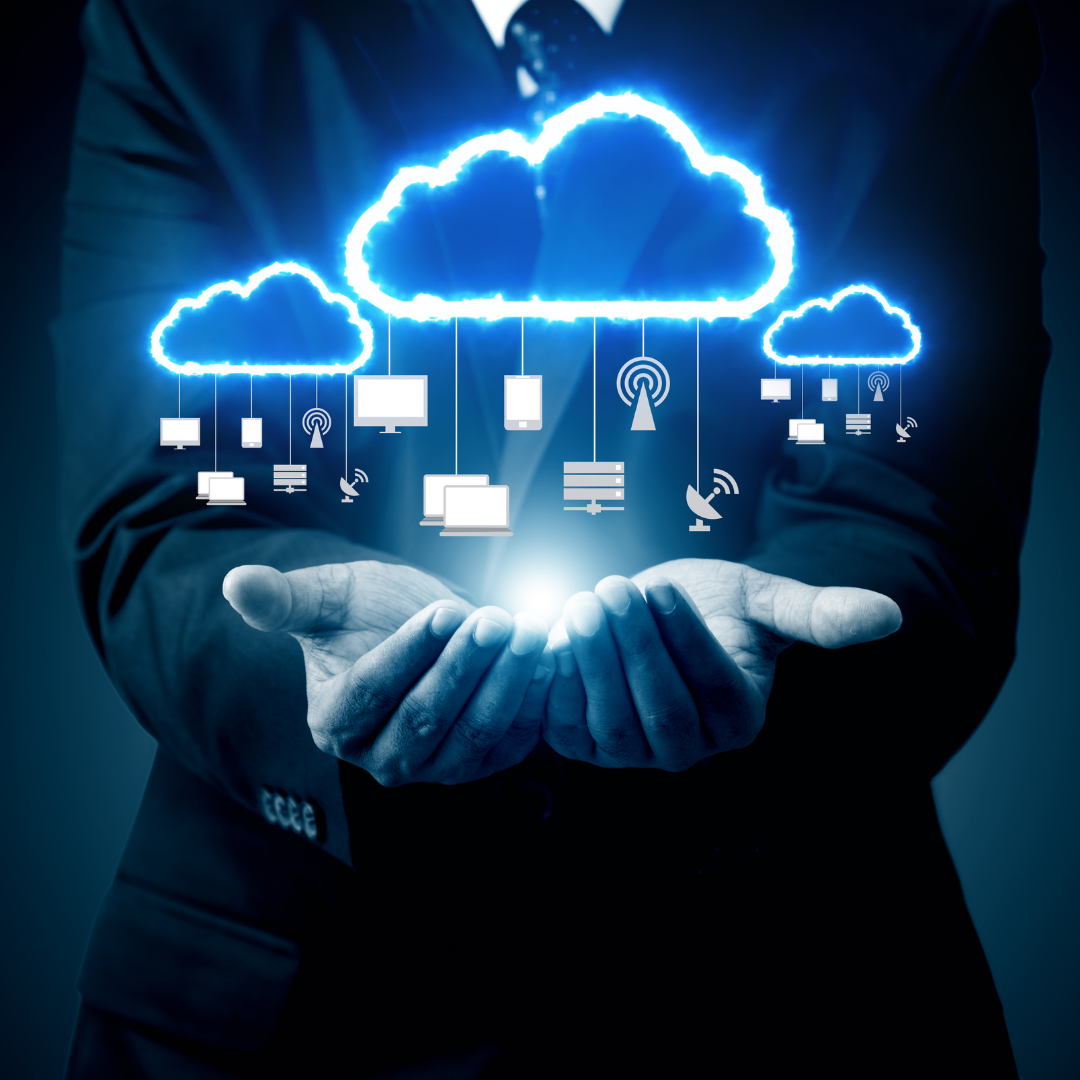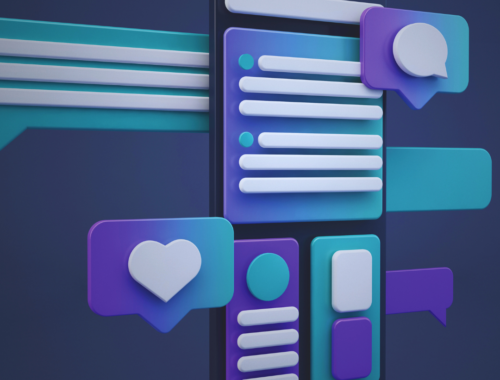
What’s the Future for Cloud Computing?
Cloud computing is the use of Internet-based computing resources as a platform for hosting applications, delivering Internet services, and enabling Internet-enabled devices to share data, software, and services. Cloud computing is becoming more prominent as businesses move to the internet to expose their products and services to customers worldwide. It provides many business benefits, including flexibility, cost savings, and scalability. But these benefits come with new risks and security concerns. So, what will be the future of cloud computing?
The Future with Cloud Computing
Cloud computing is the next big thing for many IT professionals. Businesses are increasingly using cloud computing to save money, boost productivity, and even create a new category of “hybrid IT.” Cloud computing allows users to access applications and data stored in a remote data center, or the “cloud,” via a web browser on their computer or mobile device. Besides, blockchain technology, which is the science behind cryptocurrency (click here to learn more) has been introduced to cloud computing to improve transparency and centralization of data management. Further, the future of cryptocurrency is cloud mining, which means you won’t need technical knowledge in IT and cryptocurrency.
Let’s check on the following predictions as well as trends about Cloud computing:
- Economic – Cloud computing is the next big thing for many IT professionals. Businesses are increasingly using cloud computing to save money, boost productivity, and even create a new category of “hybrid IT.” Cloud computing allows users to access applications and data stored in a remote data center, or the “cloud,” via a web browser on their computer or mobile device.
- Increase performance of the internet – Cloud computing is a buzzword nowadays. It’s becoming a standard to store data in a remote server that can be accessed from multiple locations and devices. This trend has brought about several predictions of cloud computing. For example, the future of cloud computing will be the growth of the Internet of Things (IoT), and the use of cloud computing will be the key to the expansion of IoT.
- Modular software will be of top priority – Most industry pundits predict that cloud computing will be the dominant paradigm of computing. However, one of the often-overlooked predictions is that of modular software. What many people don’t realize is that software is already being modularized. Some of the most popular cloud computing services, such as Office 365, have embedded software modules that can be added to the platform without much effort or knowledge.
- High storage capacity – Cloud computing has revolutionized our ability to store and access data and information, but it has also significantly expanded our need to store that data. We are now storing more data, so we need more storage space, and the current storage capacities are insufficient. In response, storage manufacturers are developing new technologies, such as solid-state drives, to help us store and access our data more quickly and efficiently.
- Security – Cloud computing has been a hot topic recently, and when we have conversations about cloud computing, we have to talk about security. This is because cloud computing can be viewed as both a threat and a security benefit. On the one hand, a cloud system can be a potential target for malicious attacks since it involves many different computers, data centers, and applications. Still, on the other hand, it can also help security. Businesses may also choose to implement a privileged access management system within the cloud which will only allow employees access to the areas that they need for the duration of the time that they need in order to complete their job and make use of AI monitoring in order to minimize the risk of data falling into the wrong hands.
- Improvement in various cloud services – Cloud computing has become a fact of life, with companies using it to store data, manage apps, and provide hosting. But as businesses, governments, and consumers continue to find innovative ways to use the cloud, what’s next? As with any technology, there are always new applications that extend the benefits of cloud computing and help make it easier to use.
- Data reveals how future changes with cloud computing – Cloud computing has been widely touted as a revolutionary technology that will change how people work and live. As a result, there tend to be a plethora new companies that offer Cloud Services. Also, some say the cloud is set to change how we share data, while others believe it will change our perception of time.
- Internet of things and cloud computing – The Internet of Things (IoT) is a hot topic at the moment, with industry analysts predicting that the IoT will largely drive the industry’s growth. This piece will look at some of the key areas where IoT and cloud computing interact.
Additionally, just like cloud computing, edge computing is also gaining huge popularity among IT sectors. Now, if you’re wondering what is edge computing, let’s give you a brief overview.
It is a new trend in modern computing that is emerging behind cloud computing, and it is known as “edge computing.” The relationship between edge computing and cloud computing can be quite complicated. Here’s a look at whether edge computing will eventually replace the cloud or if something more akin to coexistence will occur. Cloud computing promotes a centralized computing environment, which isn’t always ideal in all situations. Because data and other related technologies are constantly improving at an exponential rate, a centralized approach will not always work. The edge computing platform addresses this issue by focusing on processing power at the network’s edge.
The cloud is an enormously popular computing platform. As we continue to push the boundaries of what the cloud can do, it is reshaping the way people do business and become a powerful tool for people to use to manage their personal and private lives.
You May Also Like

Top 3 Pizza Hacks to Try
August 5, 2021
The Future of Social Media: Exploring Trends and Innovations Shaping User Engagement
April 20, 2024


